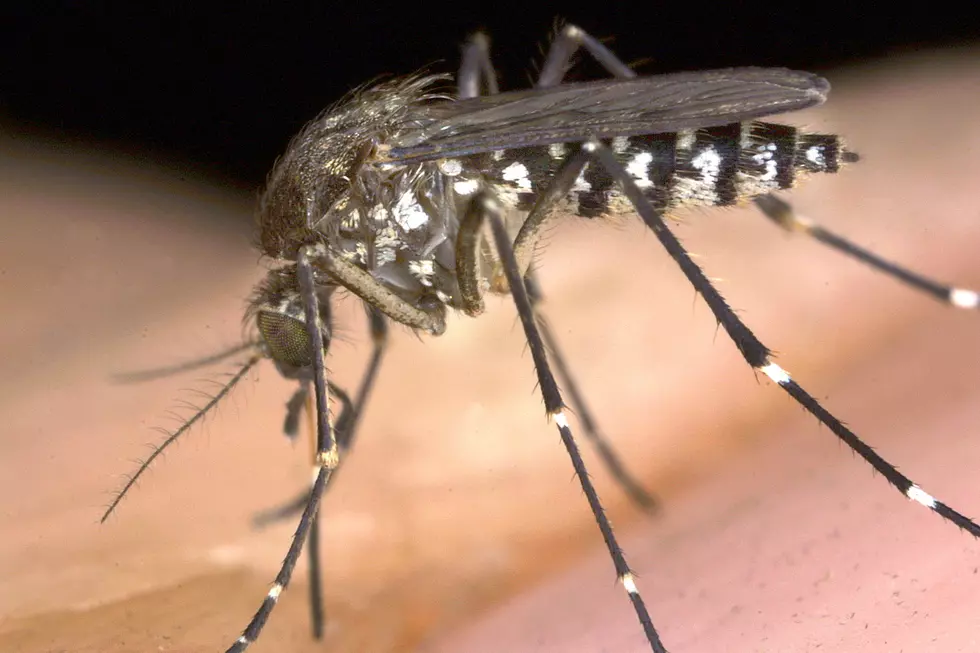
Now Do We Have to Worry About West Nile Virus Again?
After two years of mask mandates, vaccine mandates and lock-downs, Americans are weary of health scares. No sooner have we come out of the covid plandemic, than we had monkeypox thrust upon us. Fortunately, that left-media scam attempt seems to have gracefully faded from the national media's agenda. But, as summer kicks into full swing here in the south, Louisianans have something new (old) that might be returning...

The first positive case of the West Nile virus in a human has now been reported by the Louisiana Department of Health. According to state epidemiologist Theresa Sokol, the risk for West Nile infection in Louisiana is much higher this year than in recent years.
“We are seeing much higher numbers, much earlier in the year,” said Sokol. “Now is definitely the time to start preventing mosquito bites.”
According to the CDC:
West Nile virus (WNV) is the leading cause of mosquito-borne disease in the continental United States. It is most commonly spread to people by the bite of an infected mosquito. Cases of WNV occur during mosquito season, which starts in the summer and continues through fall. There are no vaccines to prevent or medications to treat WNV in people. Fortunately, most people infected with WNV do not feel sick. About 1 in 5 people who are infected develop a fever and other symptoms. About 1 out of 150 infected people develop a serious, sometimes fatal, illness. You can reduce your risk of WNV by using insect repellent and wearing long-sleeved shirts and long pants to prevent mosquito bites.
Mosquitos thrive in damp, dark areas. But there are things you can do to help prevent being infested by mosquitos this year:
- Standing water is one of the biggest culprits that provide fertile breeding grounds for mosquitos. Make sure there is no standing water in your yard. If you have areas where water can collect, make sure to keep them clean or dry. Clean out the bird-bath regularly, replacing the water with fresh, clean water.
- Keep your yard free from debris, including toys left in the yard for a long period of time, piles of leaves or compost, fallen branches, or overgrown vegetation. Even tall grass or weeds all provide breeding areas for mosquitos.
- Keep your gutters clean. Clogged gutters can contain moist or wet leaves or debris that provides mosquitos a perfect breeding ground.
10 Commandments of Southern Cooking
12 Big US Cities Smaller Than Shreveport
More From News Radio 710 KEEL









